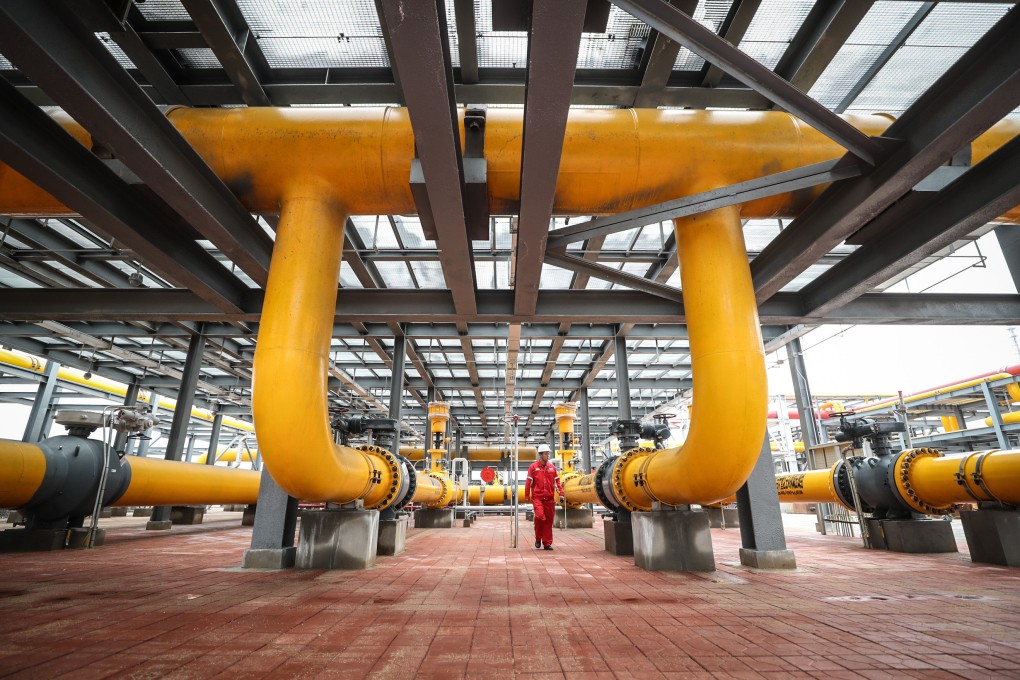Advertisement
Macroscope | As Ukraine war puts strain on energy supplies, China must ensure its slice of the fossil fuel cake is secure
- Energy production constraints and increased winter demand mean it’s not just the price but the access to energy that policymakers need to consider
- The move away from fossil fuels in the fight against climate change comes with costs which current circumstances are only exacerbating
Reading Time:3 minutes
Why you can trust SCMP
3

Oil prices may have edged lower last week on market fears about slowing global economic growth but winter is coming to the northern hemisphere. Homes will need to be heated and even slowing economies do not run on fresh air. As a massive energy importer, China needs to make sure its requirements will be met even if the choices it makes don’t necessarily go down that well in Western capitals.
There is every possibility that energy production constraints amid increased winter demand will result in higher prices but it’s not just the cost of energy that policymakers need to consider, it is access to it.
It’s that access that China needs to be locking in.
Advertisement
Much has been made of the economic challenges facing China, not least those that are directly consequential to Beijing’s continued adherence to its zero-Covid policy, but that doesn’t negate the fact that powering the Chinese economy and, in winter, heating Chinese homes will still require vast amounts of imported energy at a time when there remain marked supply constraints.
In truth, Russia’s invasion of Ukraine – or, as Moscow puts it, Russia’s “special military operation” – and the subsequent decision of China, and indeed India, to take a neutral stance on this issue, has resulted in a situation where both Beijing, and New Delhi, have been able to purchase copious amounts of Russian oil at competitive prices in recent months.
Advertisement
In stark contrast, the European Union, in solidarity with Ukraine, has imposed wide sanctions on Russia that have included, at no small cost to EU member-states, overturning decades of increasing reliance on Russian energy imports.
Advertisement
Select Voice
Select Speed
1.00x
